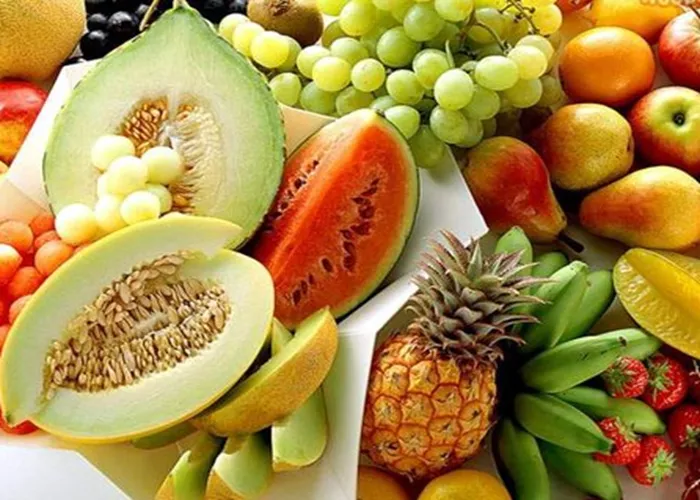While fruits may not typically top the list of protein-rich foods, certain varieties can significantly contribute to your daily protein intake, offering the added benefits of fiber, vitamins, and antioxidants. Whether you’re aiming to build muscle, lose weight, or maintain a healthy diet, incorporating these high-protein fruits can enhance your nutrition.
Protein plays a crucial role in muscle repair, growth, and satiety, making it an essential component of a balanced diet. High-protein diets have long been associated with weight loss benefits, and plant-based eating has gained traction as a healthy way to achieve these goals. Registered dietitian Natalie Rizzo, nutrition editor for TODAY, explains that while fruits generally contain less protein compared to other plant sources like beans and nuts, every gram of protein contributes to a healthy, plant-forward diet. “Most people need at least 20 grams of protein per meal,” Rizzo says.
While the natural sugars found in fruits are beneficial, providing energy for daily activities and exercise, Rizzo advises that the protein content in fruits should be viewed as a supplement, rather than the primary source of protein. For example, while a cup of blackberries provides a helpful 2 grams of protein, relying solely on fruit to meet your daily protein needs would require consuming large quantities of fruit, which could lead to excess calories.
Here are some fruits that offer a noteworthy amount of protein—at least 1 gram per serving, according to the U.S. Department of Agriculture.
1. Passion Fruit
1 cup of raw fruit – 5 grams of protein
This tropical delight is not only rich in protein but also provides fiber, calcium, and vitamins A and C. Enjoy the jelly-like pulp raw, as a topping for yogurt, or blended into juices.
2. Jackfruit
1 cup of sliced raw pieces – 2.8 grams of protein
Jackfruit is a versatile fruit that can serve as a meat substitute when unripe, with a texture similar to chicken or pork. It’s often used in plant-based dishes like barbecued jackfruit or stews.
3. Pomegranate
1 cup of arils (seeds) – 2.9 grams of protein
The seeds inside a pomegranate are packed with antioxidants, fiber, and essential nutrients. They’re a great addition to your diet, offering heart-healthy anti-inflammatory fatty acids.
4. Apricots
1 cup of sliced fresh fruit – 2.3 grams of protein
1 cup of dried apricot halves – 4.4 grams of protein
Apricots provide a good dose of protein along with fiber, antioxidants, and iron. Both fresh and dried apricots are nutritious, with dried apricots offering a higher protein concentration.
5. Blackberries
1 cup of raw fruit – 2 grams of protein
Known for their antioxidant-rich deep purple hue, blackberries are a powerhouse for immune and gut health. They’re a great source of fiber and help reduce cancer risk due to their bioactive compounds.
6. Guava
1 fruit – 1.4 grams of protein
This tropical fruit is rich in antioxidants, vitamin C, and fiber. Guava’s sweet-tart flavor makes it a versatile fruit that can be enjoyed raw, in smoothies, or as a jam.
7. Raisins
1.5-ounce box – 1.4 grams of protein
Despite their small size, raisins pack a nutritional punch. They’re a great source of fiber, potassium, and antioxidants, making them a healthy snack for heart health and digestion. However, because they are calorie-dense, it’s best to consume them in moderation.
8. Citrus Fruits
1 orange – 1.2 grams of protein
1 grapefruit – 2.3 grams of protein
Oranges and grapefruits are well-known for their vitamin C content, which supports immune health. These fruits are low in calories, high in fiber, and hydrating, making them an excellent addition to any diet.
9. Cantaloupe
1 cup of cubed raw fruit – 1.3 grams of protein
Cantaloupe is packed with vitamin A, particularly in the form of beta-carotene, which is crucial for eye health. This hydrating melon is perfect for fruit salads, smoothies, or as a refreshing snack.
Incorporating these high-protein fruits into your diet can help you achieve your fitness and weight loss goals while ensuring you receive a well-rounded array of essential nutrients. Keep in mind, though, that while fruits provide a healthy protein boost, they should be complemented with other protein sources to meet your daily requirements.
Related Topics:
How Do You Do The Mediterranean Diet


